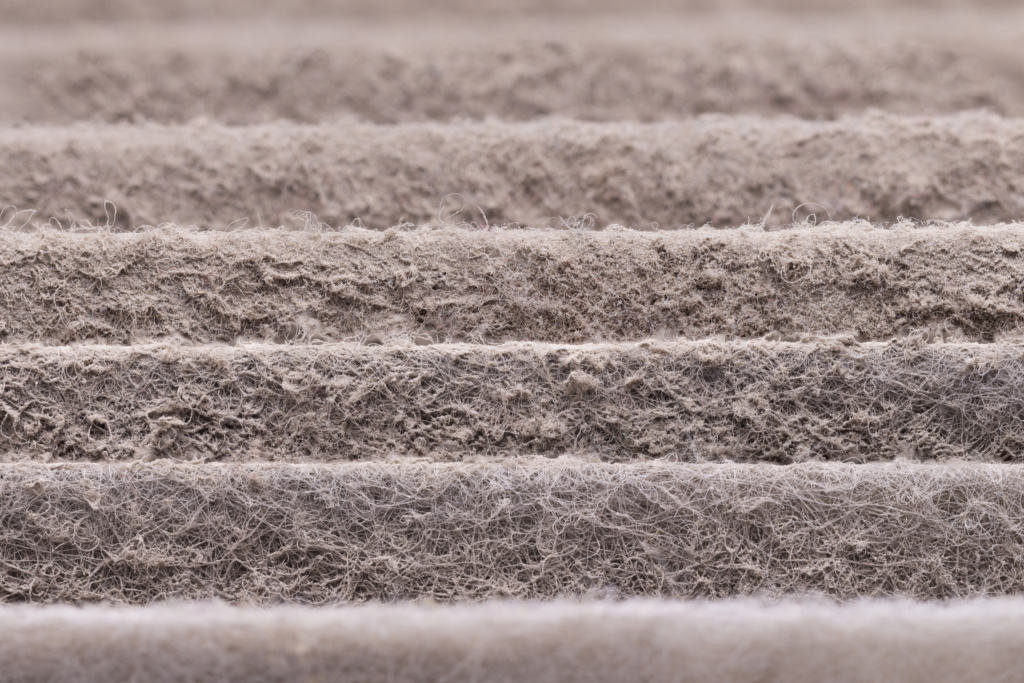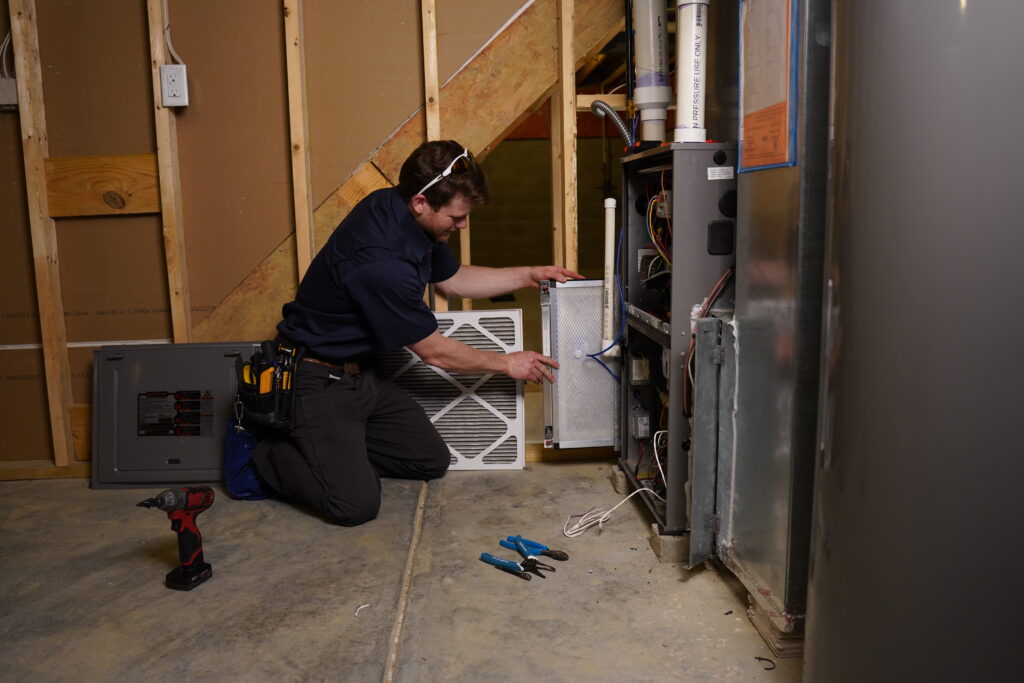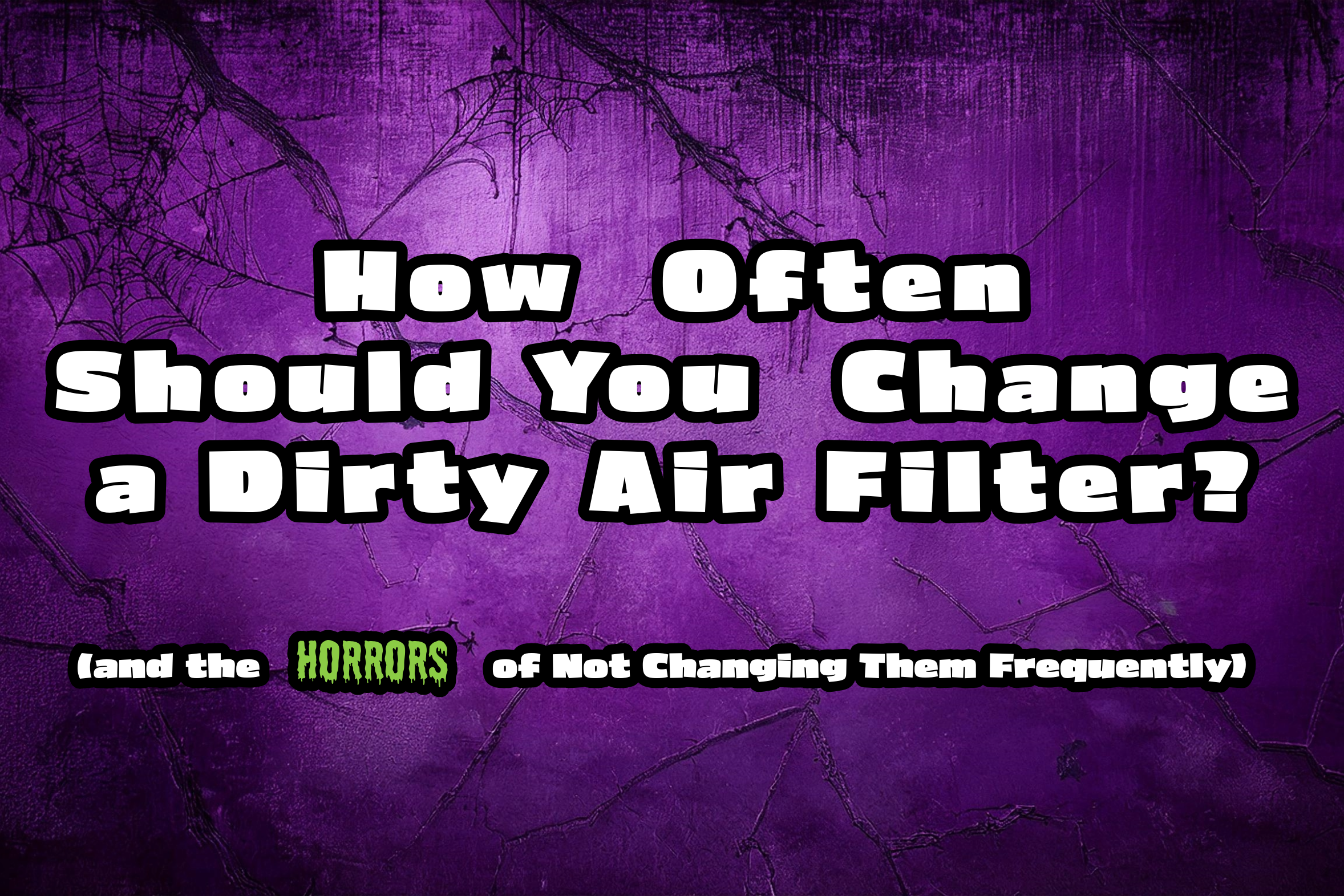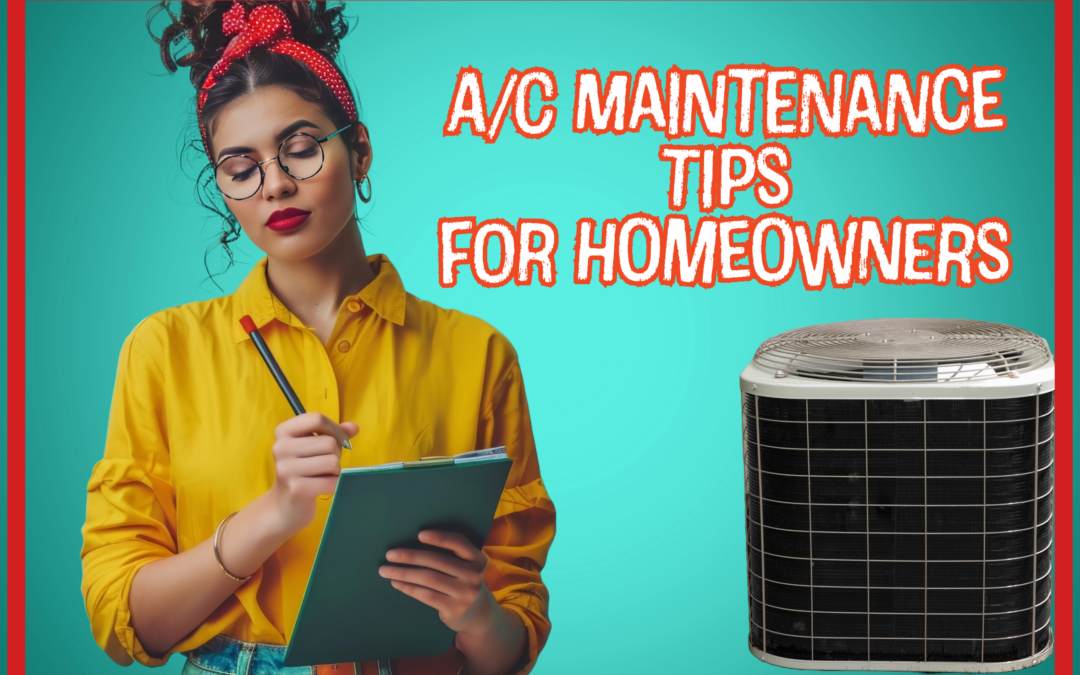Air filters play a huge role in your home, so when they are clogged and remain unchanged for long periods of time, it can lead to some pretty scary results! Imagine walking into your home and suddenly sneezing, coughing, and dealing with watery eyes. Oh, the nightmare! Not to be too dramatic, but while you might think it’s just seasonal allergies, the real culprit could be closer than you think—a clogged air filter in your HVAC system.
It might not seem like a big deal, right? But believe it or not, a clogged air filter can seriously mess with your home’s indoor air quality (IAQ) and your overall health. Today, Lewis Center-Powell Heating & Air wants to highlight the not-so-fun side of a dirty air filter and explain why every Ohio homeowner should keep an eye on their air filters to avoid some not-so-fun HVAC issues.

Why Are Dirty Air Filters So Bad?
- Reduced Air Quality – First off, a clogged air filter means your HVAC system can’t effectively filter out airborne stuff like dust, pollen, and even germs. This can lead to poor indoor air quality, which might worsen respiratory issues like asthma and allergies. For Ohio homeowners, where seasonal changes can bring a mix of allergens, keeping your indoor air quality high is super important.
- Increased Energy Bills – When your HVAC system has to work harder to push air through a clogged filter, it eats up more energy. A study by the Department of Energy shows that swapping out a dirty filter for a clean one can reduce your air conditioner’s energy consumption by 5% to 15%. With Ohio’s ever-changing weather, your HVAC is already working hard, so don’t make it work even harder!
- System Breakdown – Ignoring your air filter can lead to more than just bad air quality and high energy bills. Over time, the extra strain on your HVAC system could cause it to break down completely, resulting in costly repairs or even needing a whole new system.
- Pollutants and Contaminants – When your air filter gets clogged, it allows harmful pollutants and contaminants to float around your home. This includes stuff like mold spores, pet dander, and even particles from tobacco smoke. These can lead to various health issues, from pesky sore throats to serious problems like respiratory infections.
- Dust and Debris Buildup – One of the most obvious signs of a clogged air filter is how fast dust and debris accumulate in your home. You might notice your furniture getting dusty way quicker, and your HVAC vents could start collecting dust, too. Not only does this make your space look messy, but it also means you’re breathing in those particles all the time.
- Germs and Bacteria – A less obvious but still worrying issue with a clogged air filter is that it can become a breeding ground for germs and bacteria. A dirty filter can spread harmful microorganisms throughout your home, which can be especially tough for anyone with asthma or other respiratory conditions.
What are the signs that it’s time to change your air filters?
- Increased Allergy Symptoms: If you or anyone in your family is dealing with worse allergy symptoms, even with medication, it might be a good idea to check your air filter. Watch out for sneezing, coughing, and itchy eyes—they can all get worse with poor indoor air quality.
- Unusual Odors: A clogged air filter can lead to some pretty unpleasant smells wafting around your home. These odors can range from musty to something a bit stronger, depending on what’s stuck in the filter.
- Higher Utility Bills: Have you noticed a sudden jump in your utility bills without changing how you use your HVAC? A clogged air filter could be the reason. When the system has to work harder, it uses more energy, which means higher costs for you.
How Often Should You Replace Your Air Filters?
- Seasonal Changes – In Ohio, where the seasons can be pretty extreme, it’s a smart move to check your air filter at the start of each season. This way, your HVAC system is ready to handle whatever the year throws at it. If you don’t want to stick to the seasonal schedule, we usually suggest homeowners change their air filters every 30-90 days based on how much they use their system and their lifestyle.
- After Renovations – If you’ve recently done any home renovations, it’s definitely a good idea to swap out your air filter. Home projects and construction can send a lot of dust and debris into the air, which can quickly clog up your filter.
- Pet Owners – If you have more than one pet, you’ll want to change your air filter more often. Remember, pet dander and fur can fill up a filter much faster than usual, impacting your home’s indoor air quality.

Keeping your air filter clean is crucial for maintaining your HVAC system and ensuring good indoor air quality. For Ohio homeowners, regular upkeep is key, especially with how seasonal changes can really affect air quality. When you know the signs of a dirty air filter and how to replace it, you can keep your home comfy and your family healthy.
Don’t wait until it’s too late! Make air filter maintenance part of your regular home care routine. With these tips, you’ll be ready to tackle any air filter issues that come your way.
Lewis Center-Powell Heating & Air will aid in tackling any HVAC scare that dares to come your way! Call today at (614) 490-7530, or schedule an appointment online now by clicking here!







